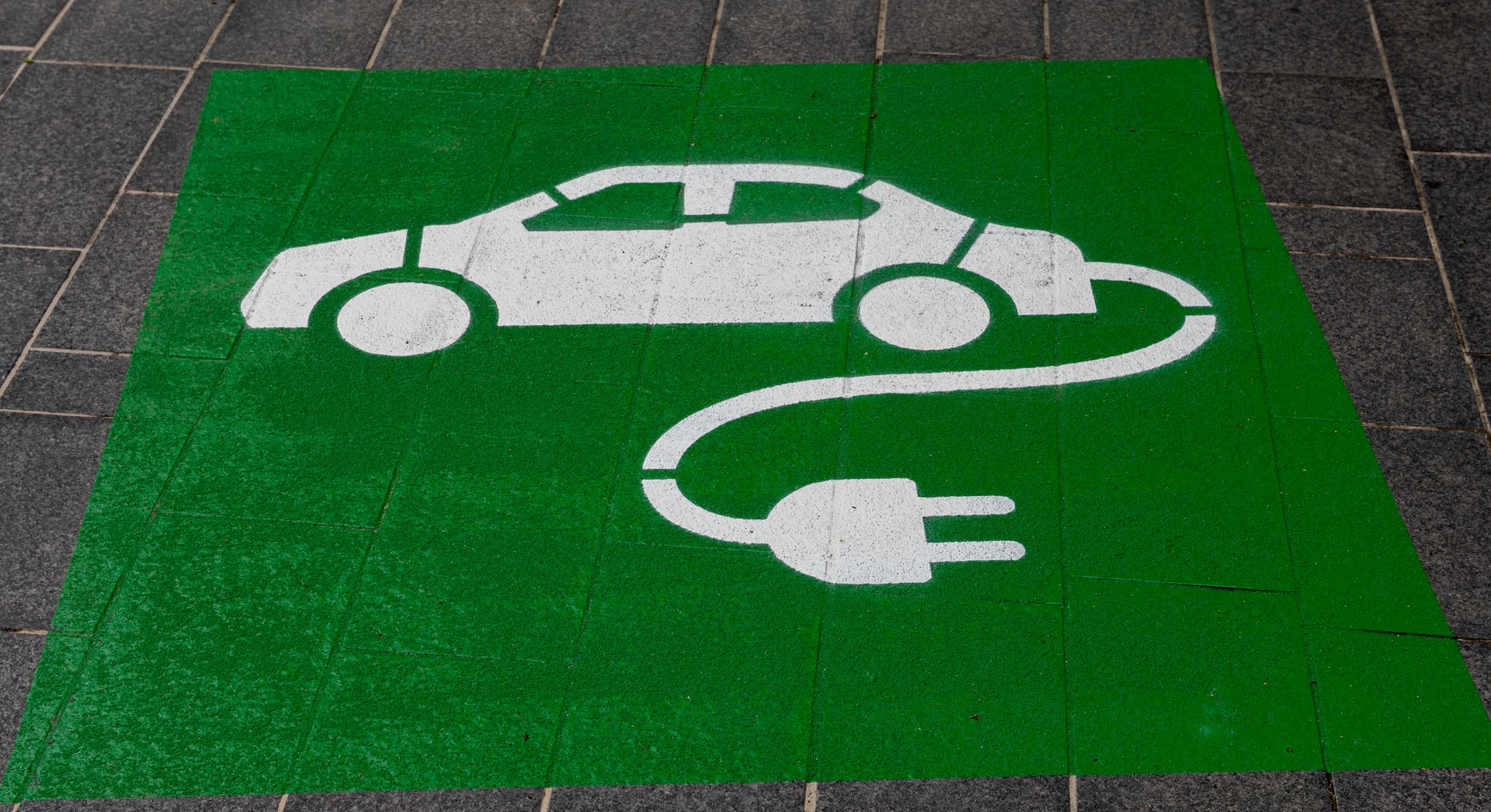Buying an electric car is becoming more and more attractive these days, especially with the way global events have started to affect the fuel market. Many people are now actively considering investing in their own EVs.
And with that, a wave of questions appeared on the horizon. It’s important to carefully consider your situation and understand the implications of investing in an electric car because as attractive as it seems, it’s not an ideal option for everyone at the moment.
Charging Stations in Your Vicinity
One of the most important things to consider is the availability of charging stations in your local area. Infrastructure is rapidly improving across the country, but there are still various spots with less than ideal access to charging stations. You should pay attention to their availability in other related locations as well, such as your work, vacation home (if you have one), and any other place where you may frequently travel to.
This should be combined with an evaluation of the range of each model you’re considering. Some can last for much longer than others, and this can offset an otherwise non-ideal distribution of charging point locations.
Estimating the Cost
You should also have a good idea of how much you can expect to spend on this purchase. There are various factors that come into play here, and it’s not just about the base cost of the car itself. This guide from LV ElectriX on how much does it cost to buy an electric car covers the basics of what you need to know.
You must also factor in the long-term cost of your purchase. For example, how much you’re going to spend on charging the vehicle and other similar factors. Those can be more difficult to estimate, especially if you plan on regularly charging it outside of your home.
Is Leasing a Viable Option?
Leasing an electric car may sometimes be a much better option than buying it directly. This depends on your financial situation, the availability of deals in your area, and course, the price of your chosen model as outlined above. In many cases, it might turn out that leasing is a more financially viable option than buying, but that’s highly individual.
If you do decide to go that way, make sure to explore your leasing options carefully. You might even want to spend more time on that compared to checking the purchase prices of different models, as leasing can have long-term financial implications that should not be underestimated. Talk to a financial advisor if you’re planning to lease more than one vehicle.
Tax Breaks
One of the great things about electric vehicles is that they often come with an opportunity for tax breaks, depending on what model you’re buying and whether you want a charger at home. You can get a plug-in grant for installing your own charger, for example, which is not to be underestimated.
If those options are available to you, make sure that you balance your finances carefully and don’t exclusively rely on them. It might turn out that you’re not eligible in the end for various reasons that can be difficult to anticipate. In that case, you might get left in an awkward spot if you had already planned to buy or lease the car with a specific budget. A budget that may be tightly limited if you were explicitly relying on the idea of getting a tax break or something similar.
Ownership Duration
Try to get a rough estimate of how long you plan to own the car. The EV market is rapidly evolving and rushing to buy now might put you in an unfavourable situation if it turns out that something more attractive becomes available shortly afterwards.
Planning a few steps ahead is crucial in this case, and you should do your best to be honest with yourself about how long you anticipate using this car. Also, have a plan for what you want to do with it after that period has expired. If you’re going to sell it, you might want to target specific features when selecting the ideal package for purchasing.
If you consider all those factors carefully, investing in an electric vehicle can be a very smart move that will bring some serious benefits to the table, both in the short and the long term. This is a purchase that you must evaluate as precisely as possible, taking into account both your current situation and the state of the market. If this is a random decision that you landed on for unrelated reasons (such as not wanting to go out of budget if fuel prices go up even further), you might want to postpone it until you have a solid idea of how you’re going to approach it.













